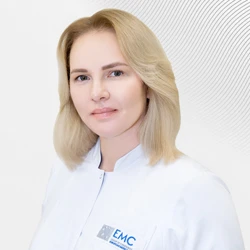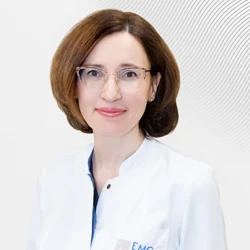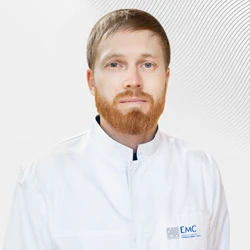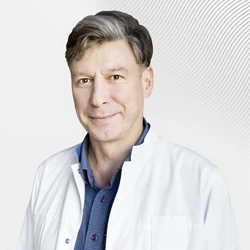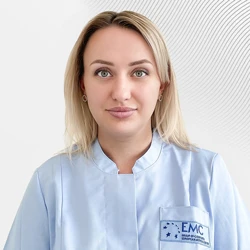Dental caries is the most common reason to visit a pediatric dentist. Does it need to be treated? – the most frequent question of parents. Dental caries is a pathological process in which, after eruption, demineralization and softening of the hard tissues of the tooth occurs, followed by the formation of a cavity.
Dental caries is the most common reason to visit a pediatric dentist.
Does it need to be treated? – the most frequent question of parents.
Dental caries is a pathological process in which, after eruption, demineralization and softening of the hard tissues of the tooth occurs, followed by the formation of a cavity.
Causes of caries in children
The development of caries is influenced by a combination of factors:
- The main cause of tooth decay is bacteria. Streptococcus mutans is considered the main bacterium that affects the development of dental caries. Later, after the formation of an enamel defect, lactobacilli become more important.
- Carbohydrates. Bacteria use carbohydrate compounds to generate energy.
- The quality and quantity of saliva. Saliva can slow down the process of caries development by removing carbohydrates and neutralizing acid in plaque (biofilm on the tooth surface), in addition, it is an important source of enamel remineralization.
- The duration and frequency of acid exposure to the tooth surface.
- The child's general immune status, diet, the amount of fluorides in drinking water, and genetic factors that affect the formation of dental hard tissue density.
At the EMC consultation, a pediatric dentist collects an anamnesis, identifies all risk factors for dental caries, examines the child's dental system, performs additional diagnostics (X-ray, laboratory), and, if necessary, recommends consultations with doctors of related specialties: pediatrician, endocrinologist, allergist, etc.;
Based on the results, an individual plan of preventive measures, a schedule of repeated examinations and a treatment plan are drawn up, taking into account the age and the psycho-emotional state of the child.
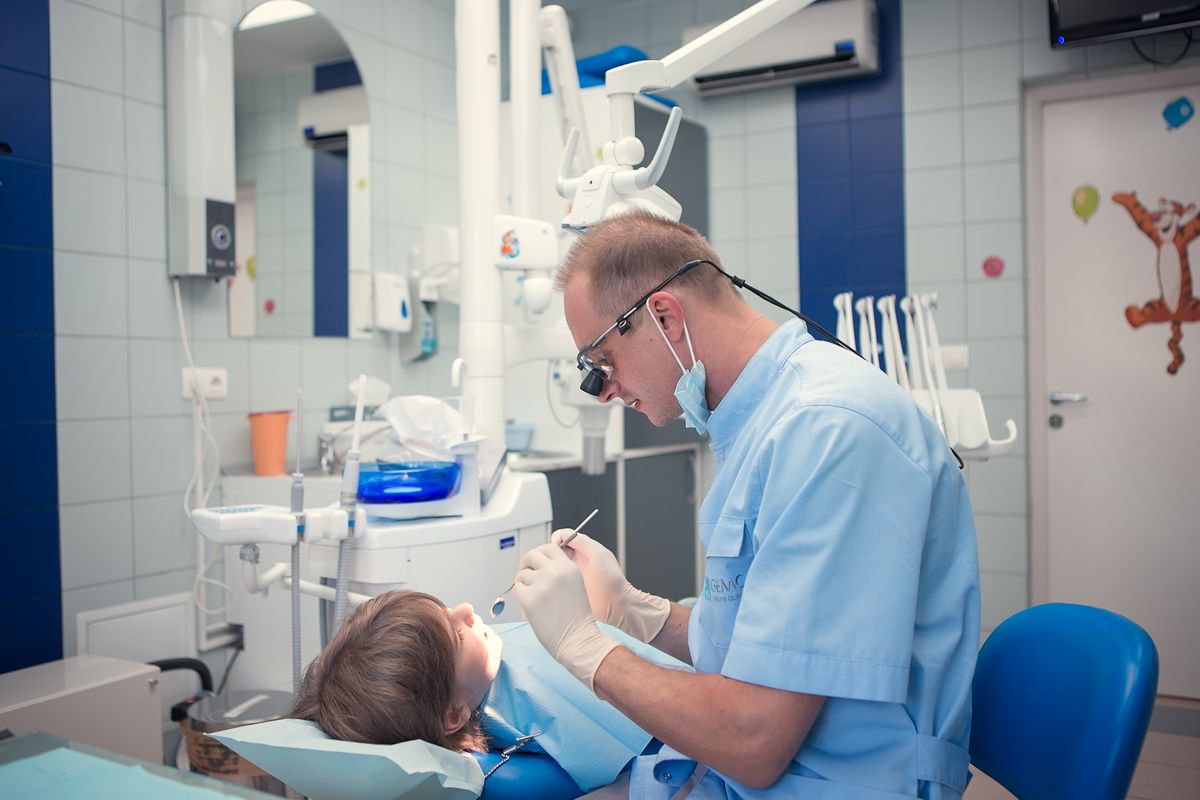
Caries treatment in EMC
To make the treatment of dental caries in children comfortable and painless, local anesthesia is performed in several stages in EMC: first, the injection site on the mucosa is anesthetized (sweet application gels with anesthetic), then the area of the mucosa is anesthetized, where the bulk of the anesthetic is injected, and only then the main anesthesia is performed.
The treatment of dental caries and its complications in EMC is based on the recommendations of the International Association of Pediatric Dentistry (IAPD). When filling teeth, light composite materials are used.In case of severe destruction of the temporary tooth crown, standard steel crowns (SSC) or standard composite-lined crowns (Nu-smile) are used.
If a small amount of intervention is required and the child is experiencing a strong fear of dental treatment, premedication with Midazolam (the drug is diluted with juice) is used in EMC.
In cases of multiple and complicated caries, dental injuries, young age of the child or unwillingness of the child to cooperate, we provide dental treatment under anesthesia (Sevoran drug). The clinic has everything for this: a team of anesthesiologists, an intensive care unit and a hospital, highly qualified pediatric dentists, and modern equipment. This is the key to your child's safety and health.
Prevention
The best prevention of dental diseases is regular routine checkups with a dentist and professional oral hygiene for a child.
Our goal is the health and healthy teeth of your child without tears and fears.






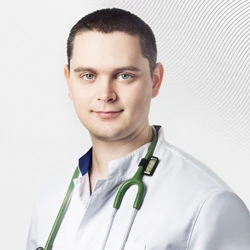
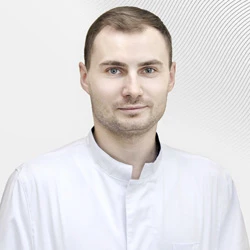
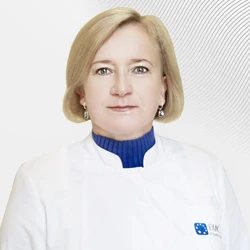
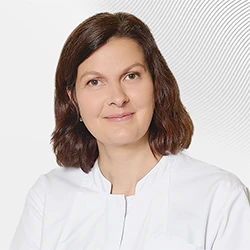

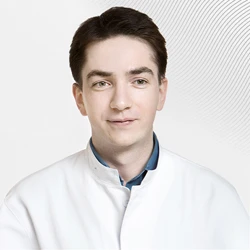
.webp)
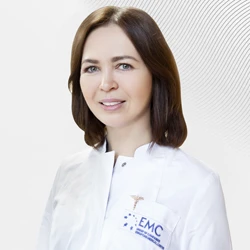


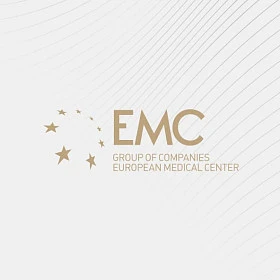
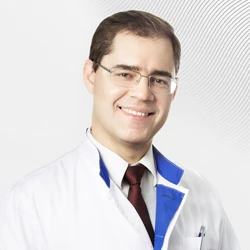
.webp)
